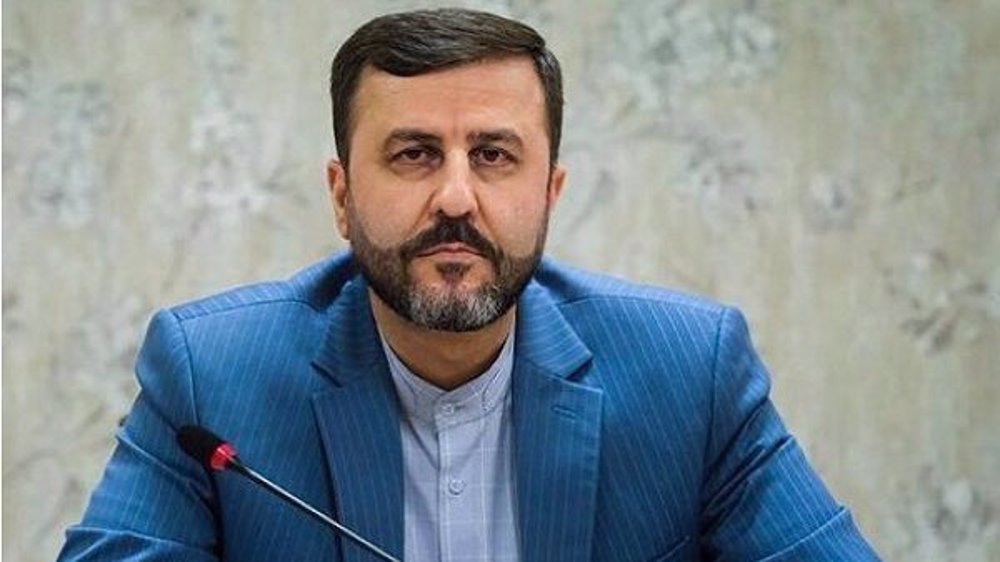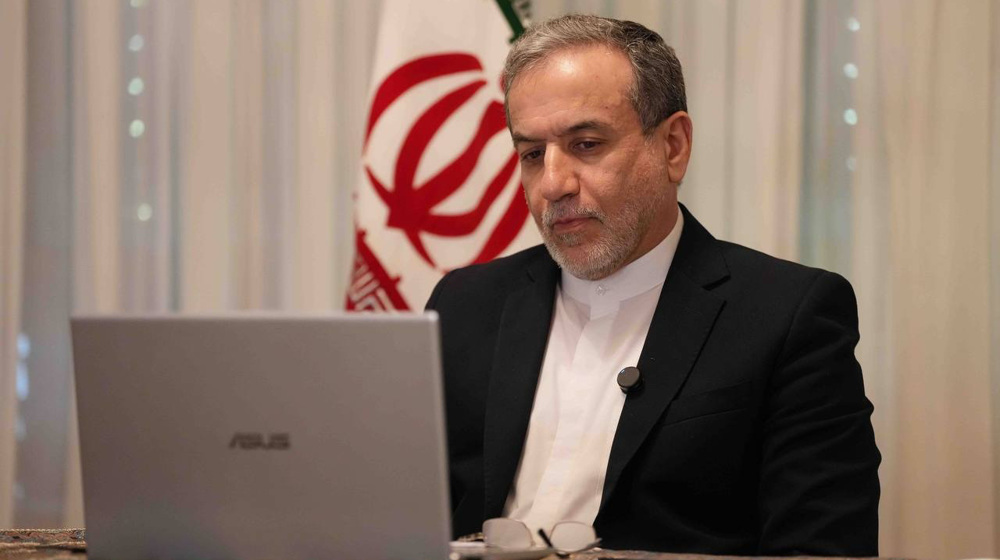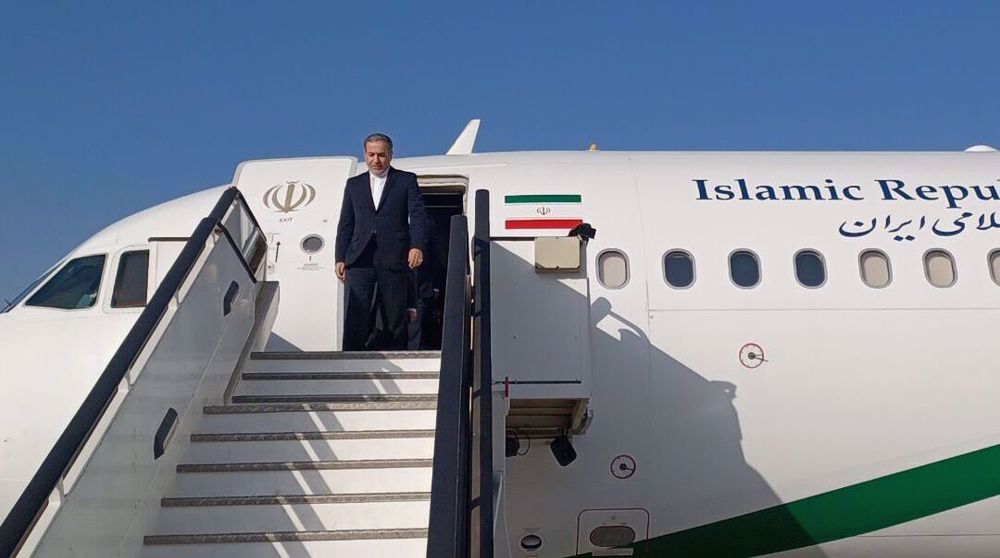Iran’s Rouhani in Pakistan on 1st visit as president
Iranian President Hassan Rouhani has arrived in Pakistan on his first landmark visit since the implementation of a nuclear agreement between Tehran and the P5+1 group of six countries.
Heading a high-ranking politico-economic delegation including 60 Iranian businessmen, Rouhani was officially welcomed by Pakistani Prime Minister Nawaz Sharif upon his arrival in Islamabad on Friday. A 21-gun salute was performed in Rouhani's honor.

Rouhani’s two-day trip is aimed at discussing ways to further strengthen trade and economic relations and holding consultation with senior Pakistani officials on the latest developments in the region.
Iran and Pakistan are expected to sign documents for cooperation in the fields of electricity export, insurance, commerce, media, science and academy, health and tourism.
President Rouhani plans to hold meetings with Sharif, President Mamnoon Hussain and Chief of Army Staff General Raheel Sharif among others during his stay, Pakistani media said.

The two sides are also expected to discuss resuming work on a stalled Iran-Pakistan gas pipeline, a project designed to help Pakistan meet its energy needs.
Iran has completed its part of the gas pipeline project with more than USD 2 billion of investment, but Pakistan has fallen behind the target to take delivery of gas, initially scheduled for 2014 .
The energy crisis in Pakistan which suffers everyday loadshedding has worsened in recent years amid 4,000 megawatts of electricity shortfall.
Islamabad and Tehran are also expected to discuss threats posed by terrorist groups to the region and potential cooperation in combating extremism and terrorism.
Intelligence, security and border cooperation between Tehran and Islamabad will be also on the agenda during the visit.
On January 16, Iran and the five permanent members of the UN Security Council – the United States, France, Britain, China and Russia – plus Germany started to implement the nuclear agreement, dubbed the Joint Comprehensive Plan of Action (JCPOA), that they reached on July 14, 2015 following two and a half years of intensive talks.
After JCPOA went into effect, all nuclear-related sanctions imposed on Iran by the European Union, the Security Council and the US were lifted. Iran has, in return, put some limitations on its nuclear activities.
Rally in Sydney demands action on ICC warrant
Hamas says seeking Israel’s collapse to achieve regional peace
VIDEO | Trump & peace
VIDEO | Pakistan’s National Unity Council demands action over Kurram crisis
Far-right Israeli minister calls for occupying Gaza, halving population
Iran's rise in new world order promotes active role in world affairs: Economy minister
Two civilians injured in Israeli strike on Syria border crossing
VIDEO | Germany's pro-Israel policy









 This makes it easy to access the Press TV website
This makes it easy to access the Press TV website